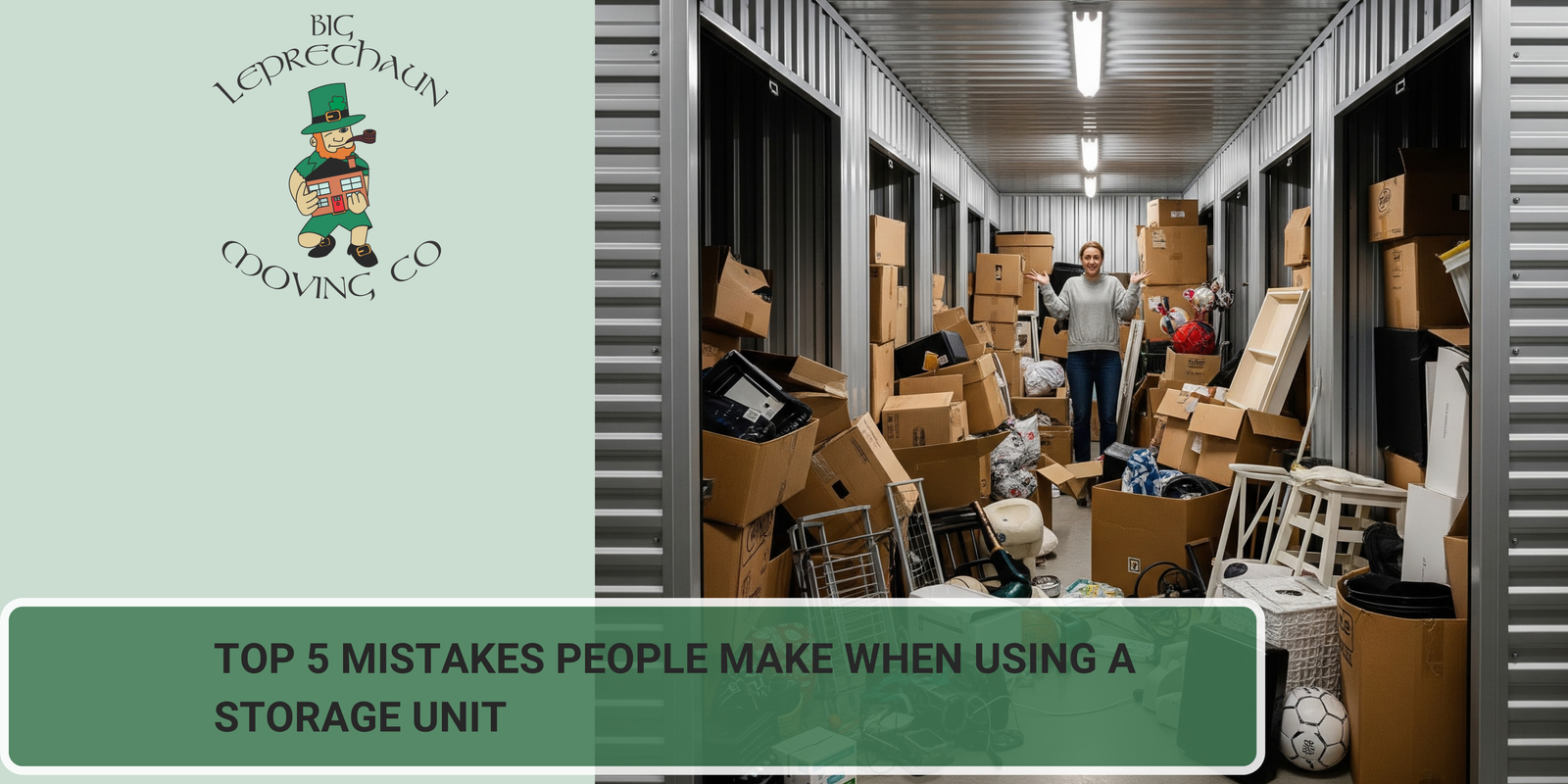When preparing for a move, you expect your moving company to handle most of your household items. However, there are certain things professional movers legally or ethically can’t (or won’t) move due to safety concerns, insurance limitations, or company policies.
Knowing what movers won’t move ahead of time can save you time, avoid last-minute stress, and help you plan alternative ways to transport restricted items. Here’s a complete list of items that most moving companies will not pack or move.
1. Hazardous Materials
Most moving companies follow federal and state guidelines when it comes to transporting dangerous goods. These items are considered too risky due to the potential for fire, explosion, or chemical leaks.
Examples:
- Paints, paint thinner, and varnish
- Gasoline, propane tanks, and lighter fluid
- Fireworks or explosives
- Motor oil, antifreeze, or brake fluid
- Pesticides, weed killers, and fertilizers
- Household cleaning agents with corrosive chemicals
- Batteries containing acid (like car batteries)
Tip: Dispose of these items properly at a local hazardous waste facility or check if neighbors or community centers can use them.
2. Perishable Foods
Food that can spoil, rot, or attract pests will not be moved by professionals, especially during long-distance or out-of-state moves.
Examples:
- Fresh fruits and vegetables
- Frozen or refrigerated foods
- Opened containers of perishable items
- Dairy or meat products
Tip: Plan meals in the days leading up to your move and donate excess food to a local food bank.
3. Live Plants
Some moving companies won’t transport live plants due to state regulations, risk of damage, or pest control concerns. Additionally, long travel durations and temperature fluctuations can kill delicate plants.
Examples:
- Potted indoor or outdoor plants
- Hanging baskets
- Herb gardens
Tip: Move plants in your personal vehicle if you’re traveling a short distance, or consider gifting them to friends or neighbors.
4. Pets and Animals
Movers will not transport pets under any circumstances. This includes cats, dogs, birds, reptiles, rodents, and exotic animals. They require care, food, water, and proper travel conditions that movers cannot provide.
Tip: Make alternative travel plans for your pets, either by transporting them yourself, hiring a pet transport service, or flying with them under airline regulations.
5. Personal and Sentimental Items
Most reputable movers recommend you keep irreplaceable or highly valuable personal belongings with you. This ensures their safety and avoids issues if the items are lost or damaged.
Examples:
- Jewelry and heirlooms
- Important documents (passports, wills, ID, legal papers)
- Photo albums, collectibles, and personal mementos
- Keys, checkbooks, and medical records
- Laptops and portable electronics
Tip: Pack these items in a secure bag or box that you keep with you during the move.
6. Firearms and Ammunition
Laws vary by state, but many moving companies do not transport firearms or ammunition due to legal liability and safety concerns. Some carriers might allow firearms under strict conditions, but rarely accept ammunition.
Tip: Contact your moving company in advance for their firearm policy. Transport them personally or through a licensed firearms shipping service.
7. Liquor and Alcohol Collections
Alcohol is considered a flammable liquid and often falls under restricted materials. Additionally, temperature fluctuations can damage quality in long-distance moves.
Tip: Use up open bottles, gift-sealed ones to friends, or transport your collection in your own vehicle if permitted by state laws.
8. Cash and Valuable Currency
Movers will not transport cash or collectible currency due to high risk and lack of insurance coverage for such assets.
Tip: Deposit cash in a bank before moving or keep it in your possession during the move.
9. Scuba Tanks and Pressurized Containers
Anything under high pressure, such as scuba tanks, propane cylinders, or aerosol cans, can pose a serious explosion risk.
Tip: Empty and properly vent these containers or leave them behind.
10. Unplugged or Unemptied Appliances
Movers typically won’t move appliances that haven’t been properly prepared, such as refrigerators with food still inside or washing machines with water in the drum.
Tip: Clean, dry, and unplug all appliances at least 24 hours before moving day.
Final Thoughts
Moving day is stressful enough without running into unexpected roadblocks. By understanding what movers won’t move, you can plan, pack smart, and avoid delays. Whether you’re moving locally or cross-country, communicating with your moving company about these restrictions ensures a smooth transition to your new home.
Keep this list handy, and consider creating a “Do Not Move” zone in your home where restricted or personal items are stored. With the right planning, your move can be safer, faster, and more efficient.







